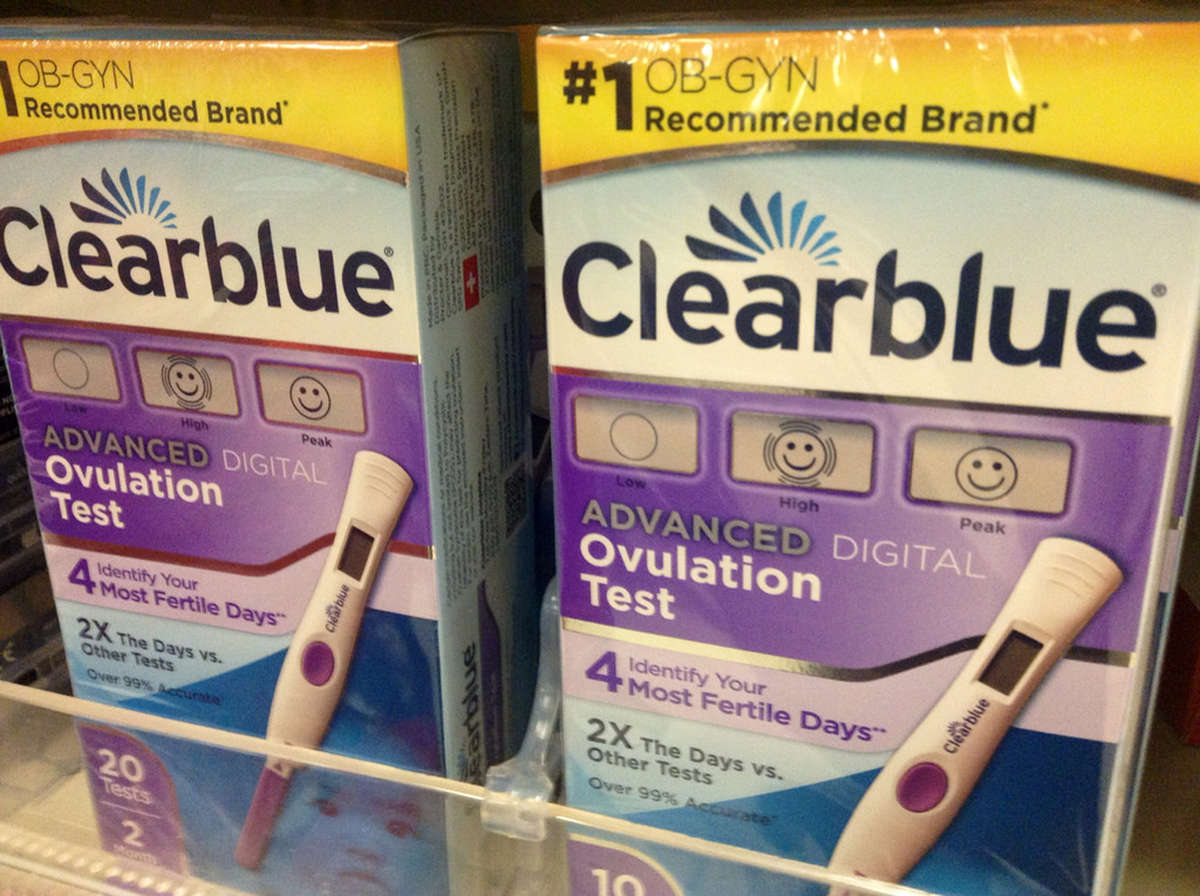Table of Contents
One of the fears in women who suffered from ectopic pregnancy is infertility. Statistically, there is a small chance of infertility but it actually depends on the condition of your fallopian tubes. Studies suggest that 65 percent of women can become pregnant within 18 months after an ectopic pregnancy. After two years, this figure rises to about 85 percent. So, the chances of getting pregnant after an ectopic pregnancy are pretty good statistically. A fraction of women, however, face some problems in getting pregnant after an ectopic pregnancy.

The following factors affect the fertility of a woman after an ectopic pregnancy.
- Extent of damage to the fallopian tube. The condition of the fallopian tubes is affected either by the ectopic pregnancy itself or by the surgery performed to excise the ectopic tissue. If a salpingostomy (tube sparing surgery) was done to excise the ectopic tissue, then the chances of experiencing a healthy pregnancy afterwards are good.
- The condition of the fallopian tube of the opposite side. If tube removal surgery (salpingectomy) was performed to treat your ectopic pregnancy, then your fertility depends on the fallopian tube on the other side. If you have at least one healthy fallopian tube, you can still get pregnant naturally.
- If the fallopian tube on the other side is also damaged by some disease process, then the chances of conceiving naturally decrease significantly but this happens only in a small fraction of patients. In vitro fertilization provides a hope in these cases.
What To Do To Conceive After An Ectopic Pregnancy
After the treatment of ectopic pregnancy, the patient is usually advised to wait for at least three months before trying to conceive again.
After that period has passed, the couple should try to conceive naturally. In most of the cases, a successful pregnancy can be achieved within one year but this time period varies in different women. If you become pregnant during that time you should be monitored closely because there is significant chance of recurrent ectopic pregnancy.
If you are unable to conceive naturally after trying for 12 months, you should consult your gynecologist. He or she will perform several tests to check the condition of your fallopian tubes. Most of the patients are advised In vitro fertilization (IVF). In this procedure, eggs are retrieved from the ovary after carefully stimulating ovulation. Sperms are taken from the male partner and then the fertilization process is carried out in a laboratory. This process results in the formation of multiple zygotes. Two to three zygotes are implanted inside the uterine cavity. The success rates of IVF in the patients with tubal damage are very high. There are very few (3 percent) chances of a recurrent ectopic pregnancy after this procedure.
Monitoring For A Pregnancy After Ectopic Pregnancy
After the positive pregnancy test, beta hCG levels in the blood should be constantly monitored to check whether they are increasing at an appropriate rate or not. At five weeks gestation, a transvaginal ultrasound should be done. An implanted embryo and a gestational sac should be visible inside the uterine cavity in that ultrasound.
READ What Is Molar Pregnancy, And How Can You Recognize It?
If they are not seen inside the uterus after sixth week, there is a high suspicion of another ectopic pregnancy. If the embryo is implanted inside the uterine cavity, it should managed as a normal pregnancy


Your thoughts on this